Microsoft's meteoric rise is fueled by AI integration and cloud expansion, but what does the future have in store?
Between 2023 and 2024, Microsoft reported a 26.7% rise in total market cap
3 min. read
Published on
Read our disclosure page to find out how can you help Windows Report sustain the editorial team. Read more
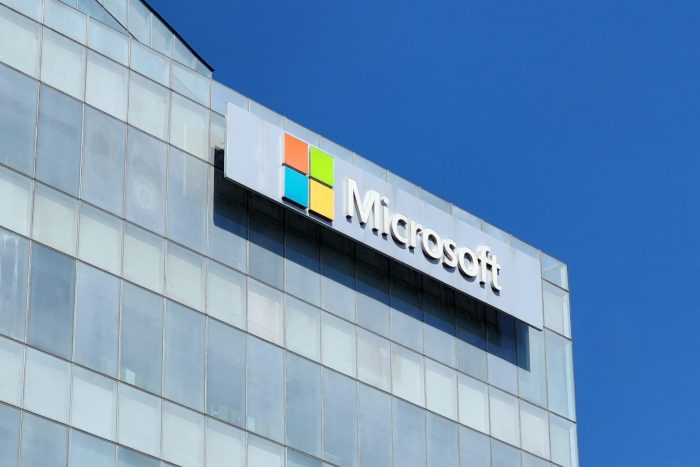
Yesterday, Microsoft moved to the top of the Russell 1000 index, depriving Apple of a position it held for the last three years, which slipped to the second spot. A major reason behind Microsoft’s dominance and expansion amongst the magnificent seven is the cloud and AI push.
In the last few years, Microsoft has invested billions in OpenAI and, as a result of this collaboration, integrated AI-powered features across native services and software. Then, partnerships with smaller AI firms across the globe and the introduction of AI in manufacturing have helped Microsoft tap into new markets and create opportunities for further expansion.
During the recently concluded Microsoft Build 2024 event, the Redmond-based tech giant, riding on the AI wave, unveiled Copilot+ PCs, a new class of devices featuring an NPU (Neural Processing Unit). Explaining Copilot+ PCs, Microsoft says,
Copilot+ PCs are the fastest, most intelligent Windows PCs ever built. With powerful new silicon capable of an incredible 40+ TOPS (trillion operations per second), all–day battery life and access to the most advanced AI models, Copilot+ PCs will enable you to do things you can’t on any other PC. Easily find and remember what you have seen in your PC with Recall, generate and refine AI images in near real-time directly on the device using Cocreator, and bridge language barriers with Live Captions, translating audio from 40+ languages into English.
Also, we can’t ignore Microsoft’s success in the cloud landscape. After decades of trailing AWS (Amazon Web Services) and Google Cloud, Microsoft Azure has finally managed to emerge as a formidable force. This, again, can be attributed to AI integration and recent partnerships that entailed the other parties switching to Microsoft Azure as their cloud platform.
Besides, Microsoft’s gaming division, suffering from a massive drop in console sales, reported a 62% increase in revenue from Xbox content and services, powered by the recent Activision Blizzard acquisition. While things don’t look too good here, recent changes in strategy could improve the financials. For the unversed, Microsoft games now dominate the PlayStation Store.
What does the future hold for Microsoft?
For Microsoft to continue its expansion, foray into new markets, and retain the top spot in the Russell 1000 index in the coming years, AI adoption at the enterprise and user level is a must!
The native Windows Copilot, which ships with the OS, has received mixed reviews, but it’s increasing awareness around AI amongst the masses, a factor that could fuel future adoption. Similarly, for enterprises, Microsoft offers a diverse range of services, from cloud hosting to AI integration, which resulted in many switching to Microsoft Azure.
Amongst the magnificent seven, Microsoft has the best chance of enduring the ups and downs of the ever-evolving landscape. Although, for now, everyone seems fixated on AI, the next big thing!
And Microsoft, with its deep pockets and reported government backing, can both regulate and dominate the market. Microsoft’s recent partnership with UAE-based G42 set off speculations that the deal had US backing, reportedly in an effort to diminish China’s influence in the region.
In my opinion, Microsoft’s future looks promising, and based on current projections, it has the highest chance of becoming the first 10 trillion company. If you didn’t know, Microsoft pays the highest dividends in the US and is spending heavily on buybacks, in an effort to incentivize investors. At the moment, everything seems to be going Microsoft’s way!
What do you think of Microsoft’s recent expansion and future prospects? Share with our readers in the comments section.


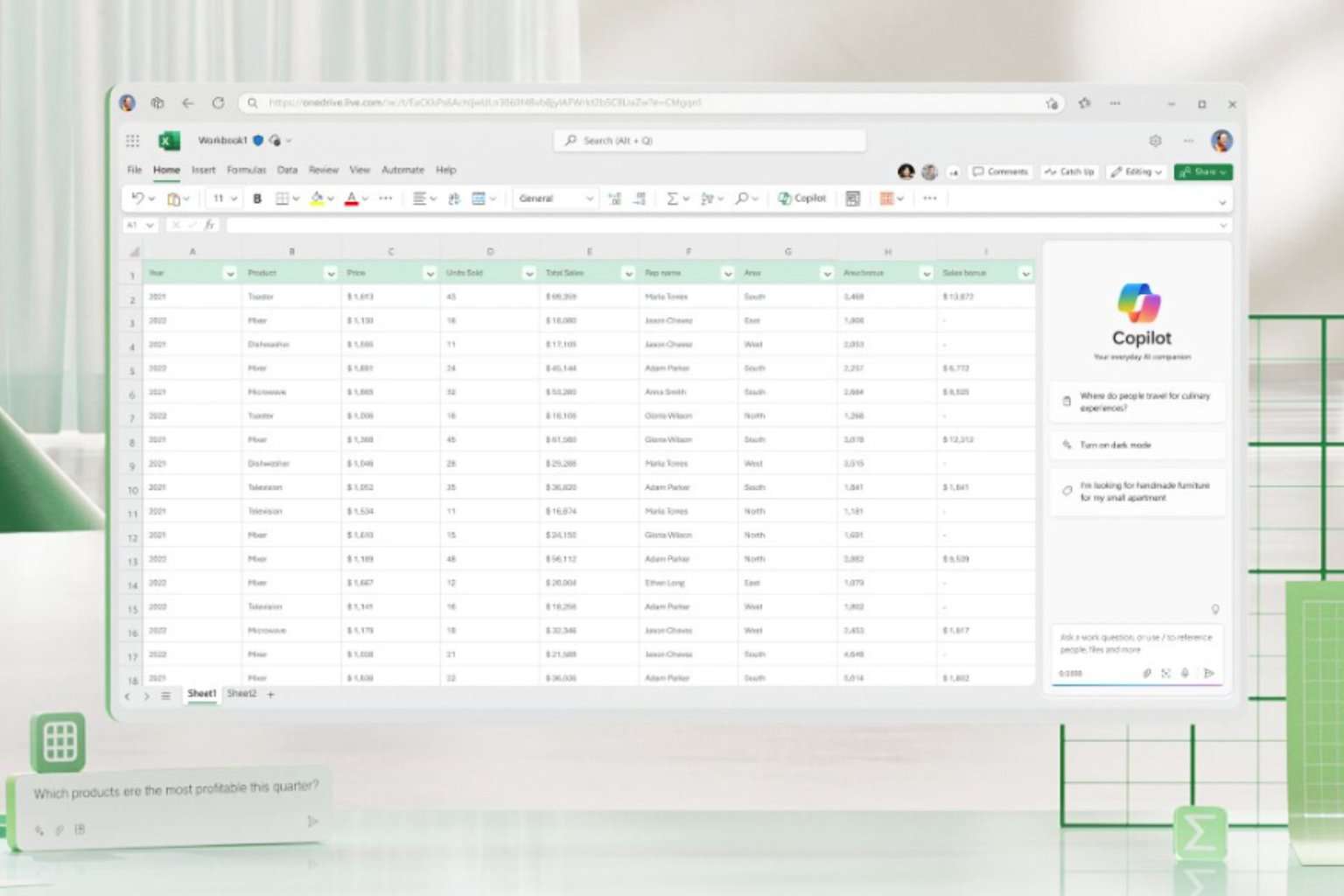
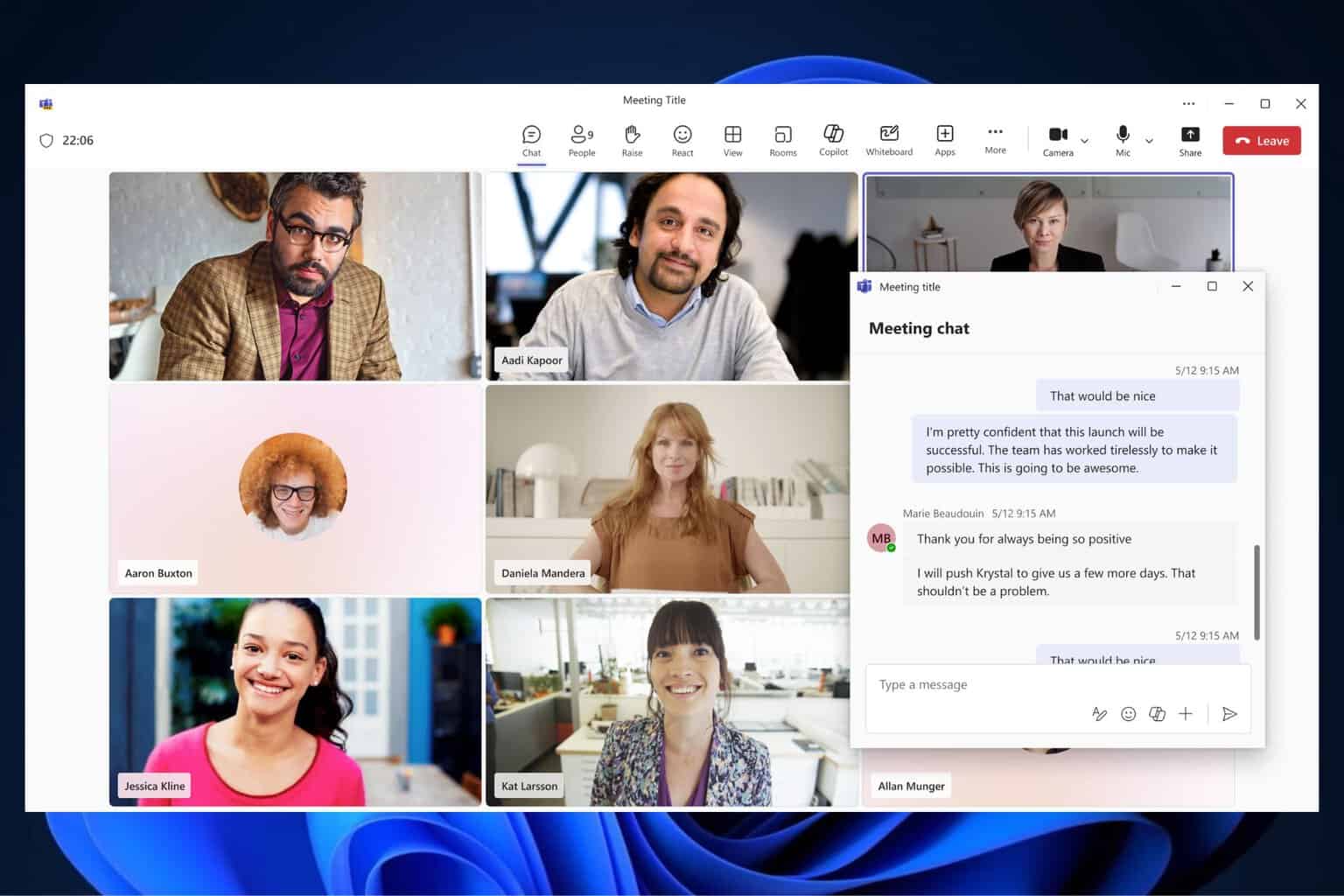
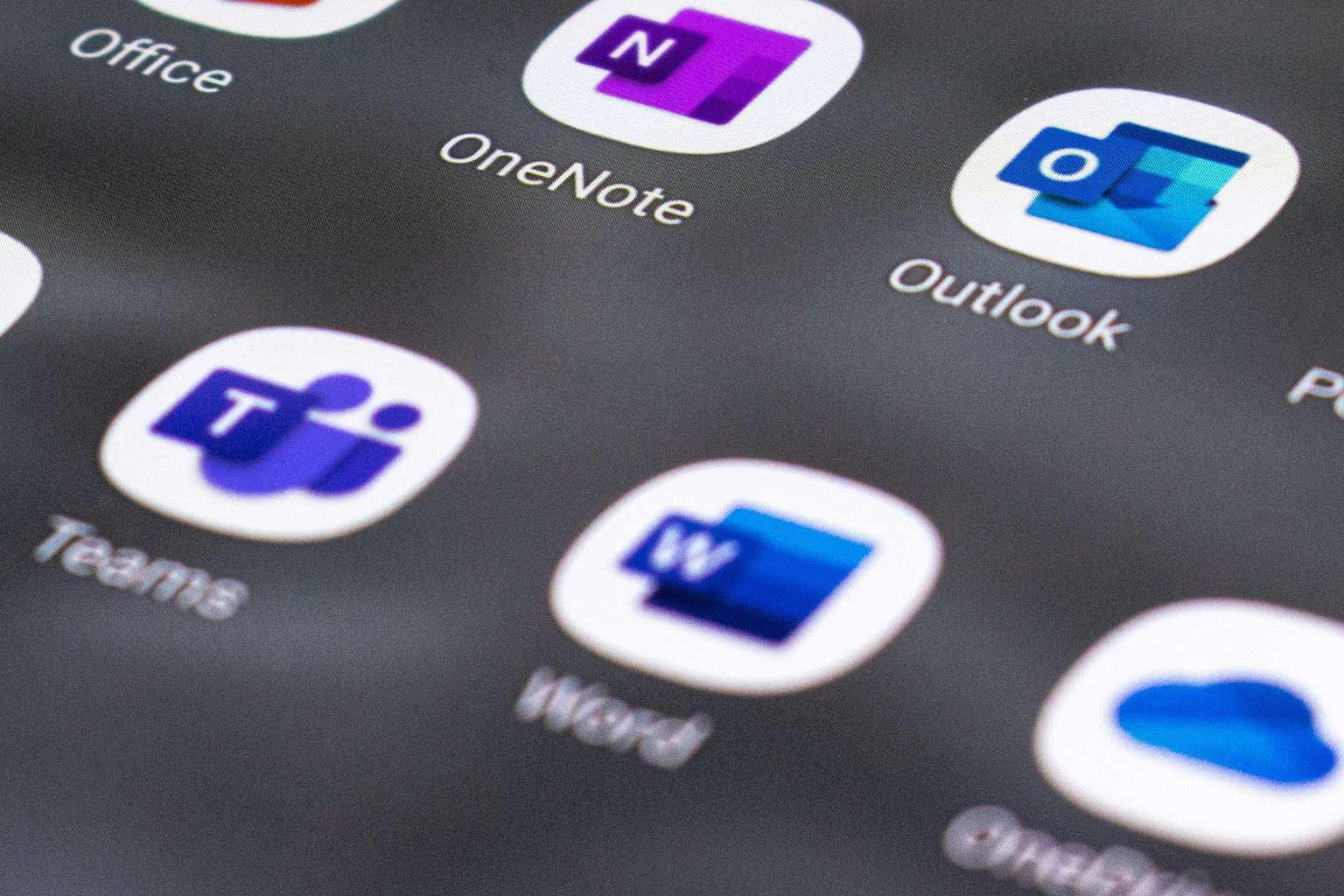

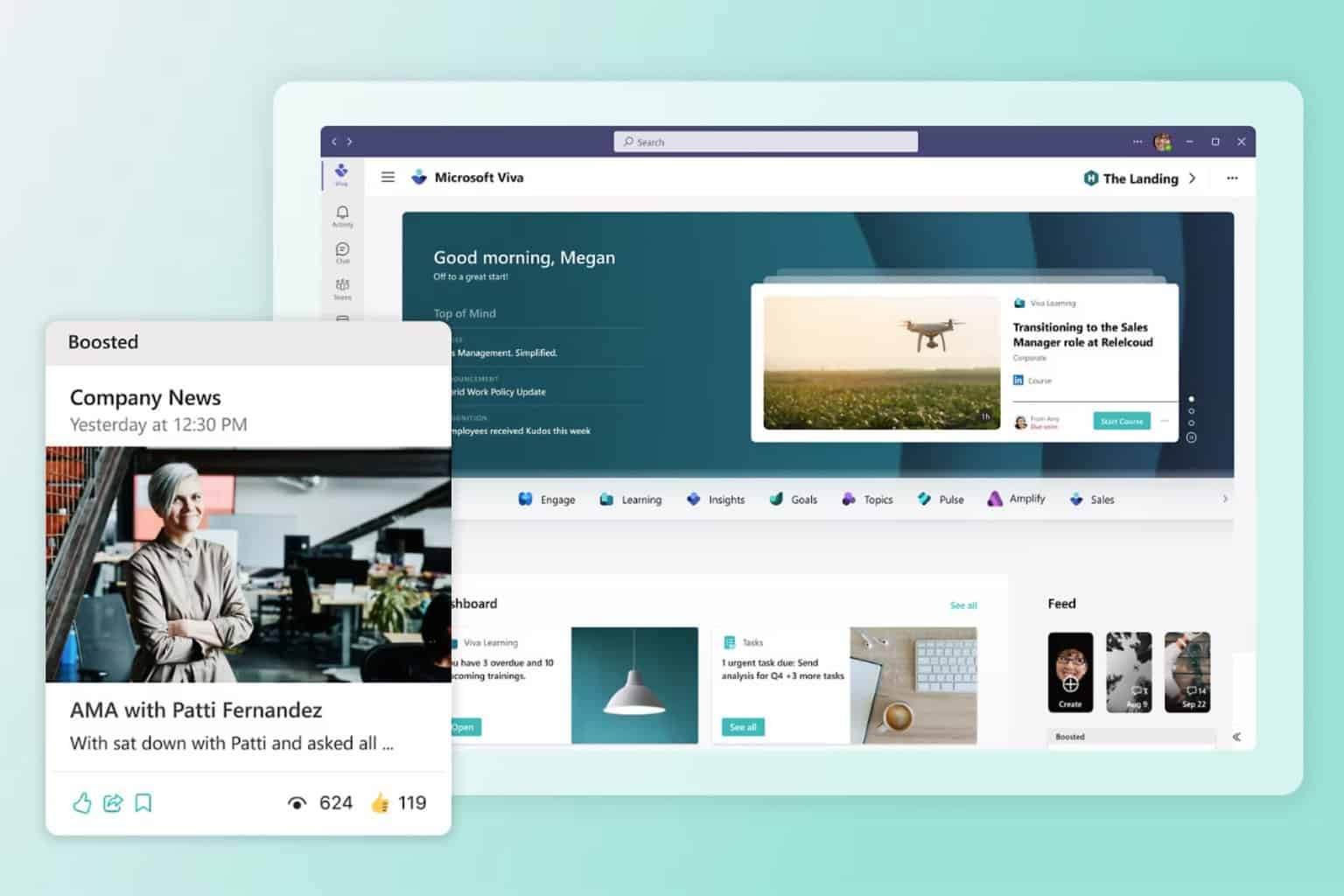
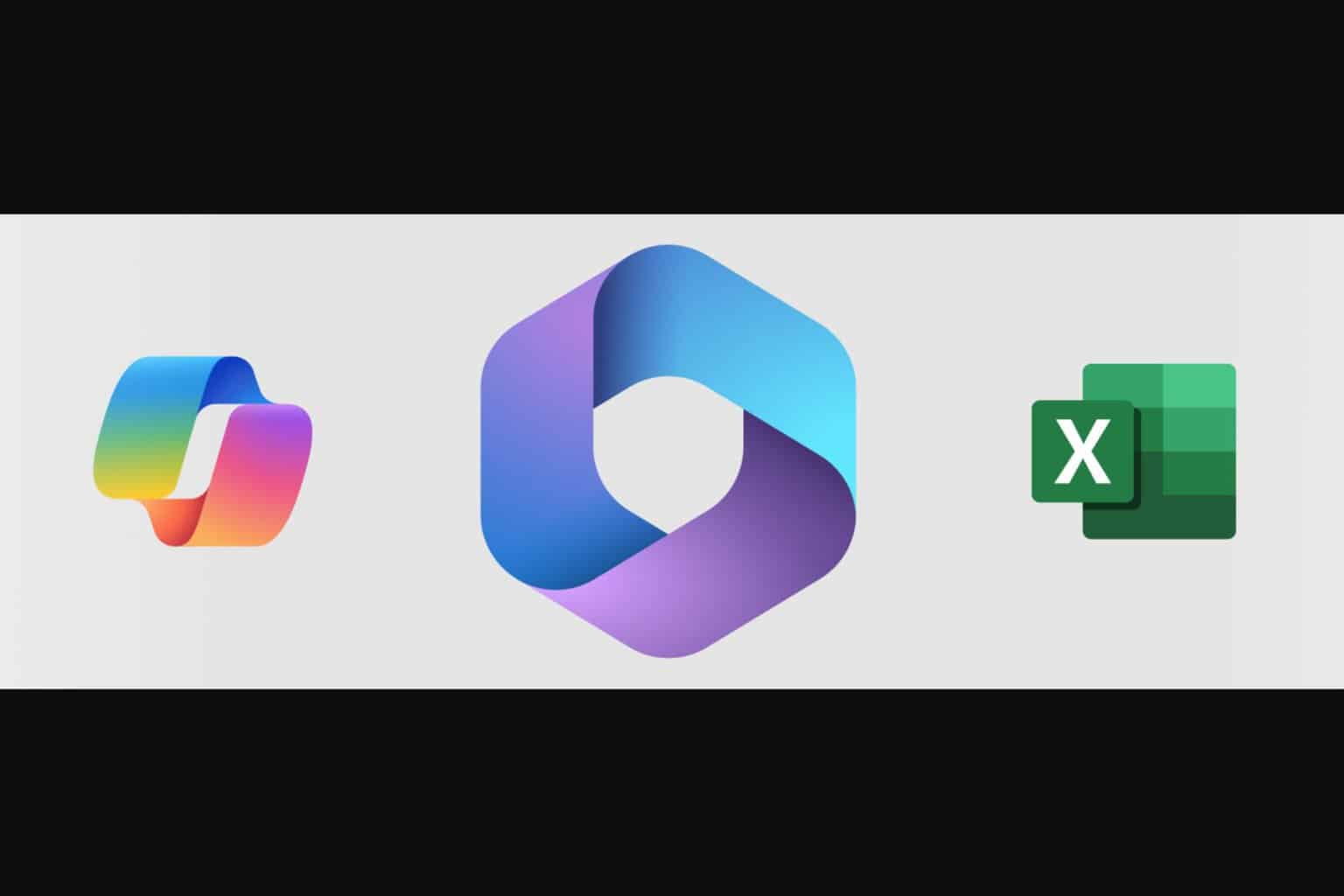
User forum
0 messages